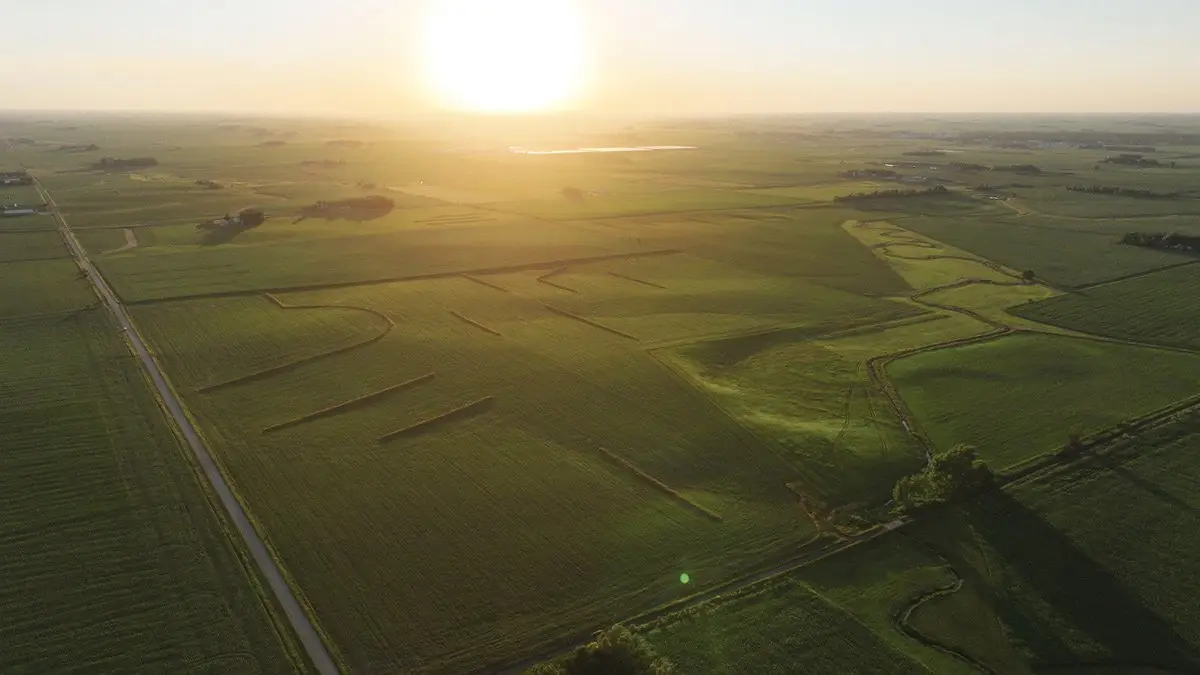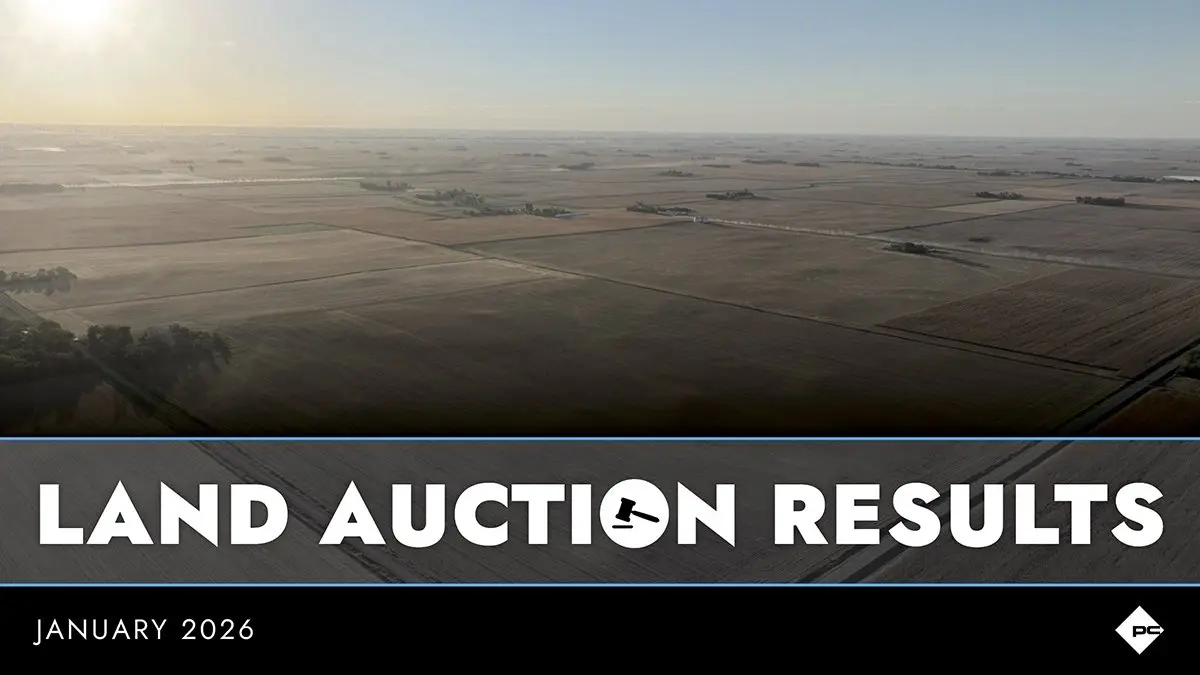The Land Investment Monthly is a round-up of articles and headlines published by the farm press, business media and financial publications with insights into buying, selling or investing in farmland, recreational ground or development ground. Follow Steve Bruere @SBruere on Twitter and find Peoples Company on Facebook for the latest land listings, auction results, upcoming events and real estate news. To subscribe to my monthly updates via email, send a message to Steve@PeoplesCompany.com with “Land Investment Monthly” in the subject line.
Golden Roots
Pension plans, hedge funds and mom-and-pop investors are seeking to diversify their assets while taking of advantage of land prices pushed down in some regions amid low commodity prices. As global food demand increases, along side growing populations and wealth on the continents of Asia, Africa and others, real assets such as farmland – with the ability to generate an income from rents and generate good long-term returns – re being hailed as “gold with a coupon.” The Wall Street Journal reports that institutional investment in farmland in the United States has topped $2 billion over the past two years.
Read more.
Responsible View
The Iowa Soybean Association takes a close look at Peoples Company’s 24-page white paper on making a socially responsible farmland investment, with a focus on increasing annual income and appreciation via farming the most productive acres – while applying conservation practices to protect the most environmentally sensitive ground. Iowa Secretary of Agriculture Bill Northey, landowner Carole Reichardt and the Iowa Soybean Association’s Roger Wolf weigh in. Read the entire article by Matthew Wilde on pages 28 and 29 of the Summer 2015 Iowa Soybean Review.
Read more.
​On Rents
The Des Moines Register reports on expectations of farmers terminating leases with landlords as Sept. 1 deadline approaches. Cash rents remain approximately 50 percent higher than seven years ago. About half of Iowa’s 24 million farm acres are rented.
Read more.
Hanging Fruit
Farmland Partners has purchased a Michigan blueberry farm – the REIT’s s first investment into permanent cropland – as Gladstone Land expands its portfolio of fruit and vegetable farms with acquisitions in Florida. Farmland Investor Center, while expecting further declines based on grain stocks and futures prices, sourced Gladstone in a report that says Midwest land values have likely bottomed out. At the same time, Gladstone has offered up criticism in regards to Farmland Partners and American Farmland Co. as they move to diversify into fruit-and-nut producing ground.
Read more.
Farmland Thirst
Concerns over lack of water in The Golden State are moving some buyers to consider greener pastures in the form of out-of-town farmland investments. With record and near-record low-stream flows across much of the Pacific Northwest, CNBC reports, investors from China to tinder-dry California are looking to states such as Washington to quench their appetite for agricultural real estate.
Read more.
Water Suit
Talks of hope for an out-of-court settlement are slowing bubbling up as one lawsuit filed by an Iowa water utility gets ready to go to trial next year. Iowa Gov. Terry Branstad has asked for officials at Des Moines Water Works Park to “tone down” their criticism as local ag and business leaders collaborate to present viable solutions – like the voluntary Iowa Nutrient Reduction Strategy – to reduce the flow of nitrates from drainage districts and into state’s waterways. “If it so happens that Des Moines Water Works decides to dismiss what they’re doing and pull their suit away, that would be a great outcome,” says Roger Wolf, director of environmental programs and services with the Iowa Soybean Association.
Read more.
Farm Estate
The United States Department of Agriculture, in its overview federal estate taxes, asserts that 63 percent of small farm estates – or farms with less than $350,000 gross cash farm income – are made up of farm assets, whereas farm assets comprise more than 80 percent of the estates of mid-sized and larger farms. Farm household estates include all assets owned by the farm household, including land, buildings, machinery, farm financial assets, pre-paid insurance, livestock and the value of planted crops. According to the USDA, the average tax rate paid on farm estates if far lower than the maximum marginal rate. Nearly one in six taxable estate had some farm assets, with an average of $2.8 million in farm property.
Read more.
Lands O’ London
Demand for agricultural real estate has beat the market’s expectations in central London as the value of arable land and tracks of interest to investors in Knight Frank’s index has outperformed other property types – and risen 228 per cent over the past 10 years.
Read more.






